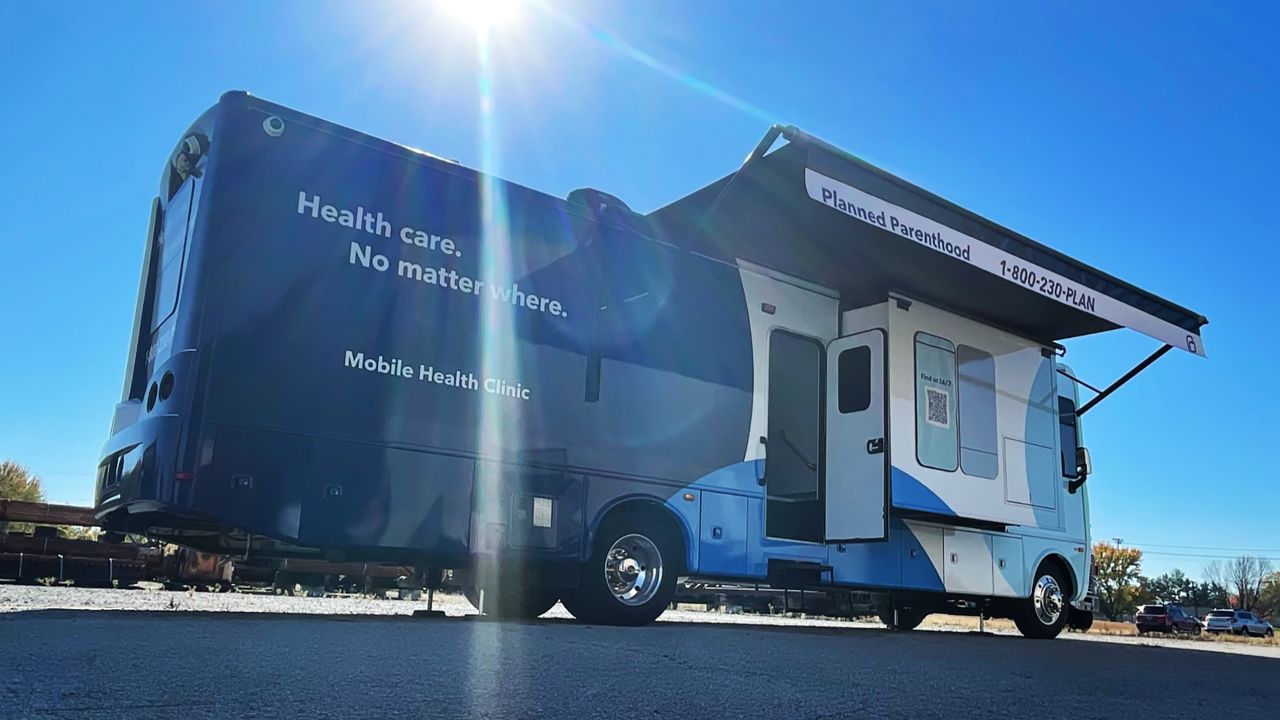Post-Roe Ruling, Abortion Loopholes Take Hold

by Lizzy Hermosilla ‘23
Seventeen states, along with D.C., have laws in place to protect a woman’s right to an abortion. However, these guarantees are countered by the 13 states that have banned all abortion, and 11 of those states have no exceptions for rape or incest. The divide among states over legal abortion have created a proxy war in which organizations and individuals in states where abortion is legal are offering support and resources for women to access abortions in states where it is banned. Further complicating the conflict is the federal government also can choose sides–depending on whether Democrats or Republicans are in control of Congress or occupy the White House. The Supreme Court’s decision to overturn the Roe v. Wade decision means that approximately 1 in 3 women between the ages of 15-45 cannot access legal abortion where they live.
Most notably of all reproductive health care loopholes, is the emergence of mobile clinics for women. A Planned Parenthood in Illinois has transformed an RV into a mobile health care unit. While abortion is still legal in Illinois, the mobile unit allows them to travel to the border of Illinois, reducing the distance many patients from neighboring states which have restricted abortion access must travel for consultations or abortion pills. Currently the RV provides abortions up to 11 weeks, but later this year officials hope to provide surgical abortions. Similarly, licensed obstetrician-gynecologist Meg Autry has raised millions of dollars to transform a casino ship into a mobile abortion unit to provide surgical abortions to the seven states along the Mississippi River that have banned abortion. Because the Mississippi River is a federally regulated body of water, federal laws apply and therefore Autry is able to legally provide surgical abortions on her vessel. She plans to launch her seaworthy abortion unit in the summer of 2024.
While new ways to provide health care have emerged, an abortion drug smuggling circuit has formed out of a need for safe access to medical abortions in states where the procedure is illegal. The route normally starts in Mexico, where activists obtain abortion pills supplied largely by private donors or international pharmacies for as little as $1.50 a dose. One group at the epicenter of the network, Las Libres, said that they have terminated approximately 20,000 pregnancies in the U.S. in 2022. This group works closely with about 250 U.S. volunteers, but their numbers are growing. The group provides the pills to women without a prescription, based on patient testimonies saying they are within the 10-week limit to have a medical or self managed abortion. In order to avoid detection in states with strict abortion bans, they normally send the pills in unmarked and unsealed bottles that had previously held other medications. Experts in the field are divided about this network, with concerns about the potential for ineffective and dangerous pills to reach the hands of women.
Many health care providers have also begun to experiment with the gray area caused by the rapid abortion bans and the lack of consistency between states. Some physicians have exercised their discretion by providing mifepristone and misoprostol (abortion pills) to women who have passed the 10 week mark suggested by the FDA. Additionally, many providers prescribe abortion pills via telemedicine without confirming the state in which the patient resides. The lack of clear language in the anti abortion laws mixed with the difficulty in policing such physician-led efforts has given patients in states with strict bans the ability to have a self managed abortion.
Many people are also taking the problem upon themselves. Many physicians that provide vasectomies have seen an increase in the number of men wanting the procedure. A vasectomy effectively sterilizes the man, thus preventing a woman from conceiving; however the procedure can almost always be reversed.
Director of the Bixby Center for Global Reproductive Health at the University of California, San Francisco said, “The bottom line is that [abortion] restrictions … cause unnecessary harm and delay women in accessing the care they need.” The current efforts by women and men across the country and outside of it only prove that a woman will seek out an abortion despite restrictive laws.